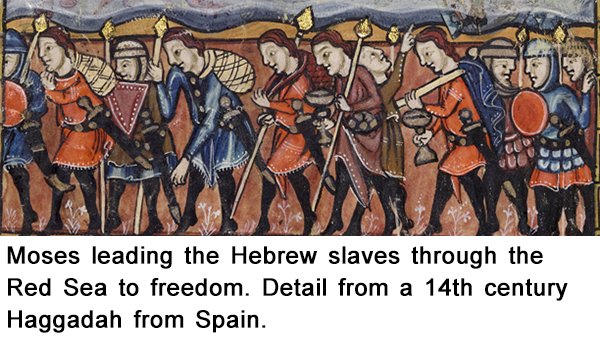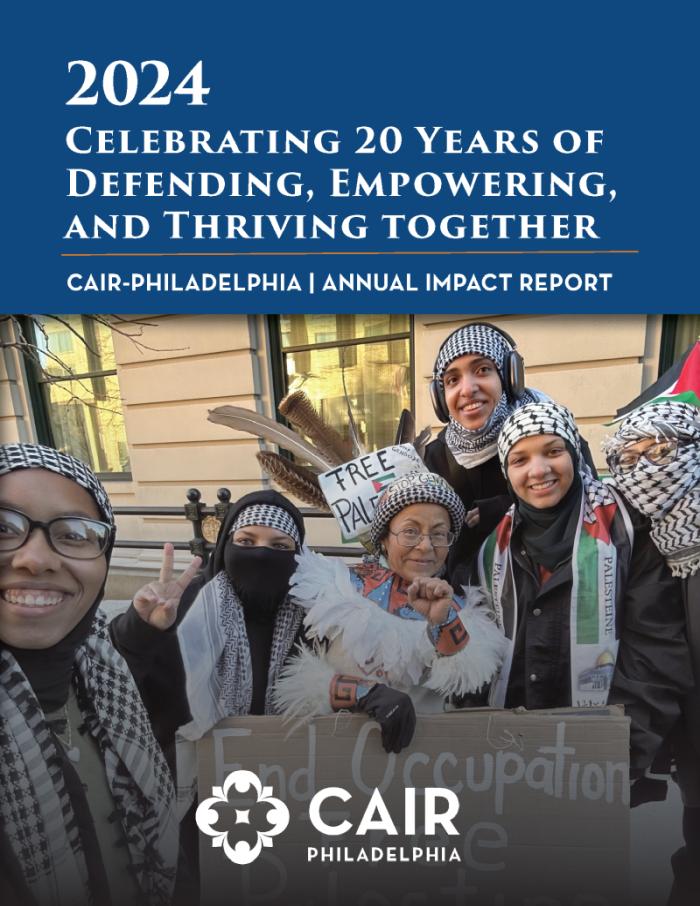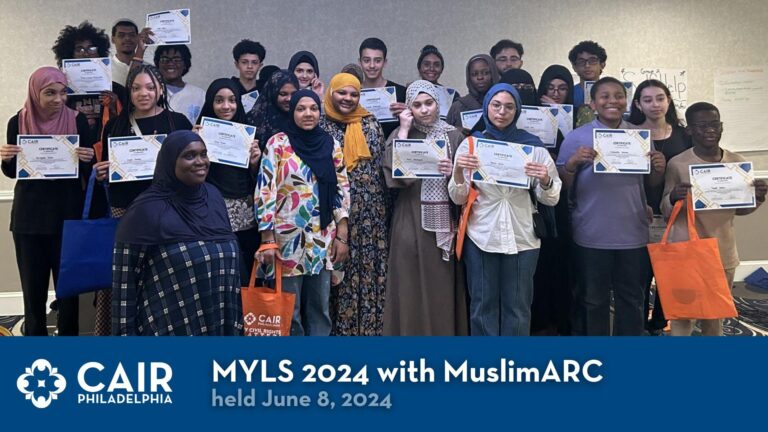
by Jacob Bender, CAIR-Philadelphia Executive Director
Jews around the world, and my family and I, are now celebrating the eight day-long holiday of Passover (peysakh in Hebrew), commonly known as “The Festival of Freedom.” Passover celebrates four themes or moments of redemption: the liberation of the earth from the harshness of winter; the liberation of the Hebrew slaves from their enslavement in Egypt; the freeing of humankind from idolatry and ignorance; and the personal and spiritual liberation of every human being from darkness and pain.
Passover begins with a festive meal known as the Seder, complete with ceremonial foods symbolizing the themes of the holiday: greens representing the coming of the Spring; bitter herbs representing the bitterness of slavery; salt water to represent the tears of our enslaved ancestors; an egg representing the coming of new life; matzah, unleavened flat bread which the slaves ate in their haste to leave Egypt; and khorosis, a sweet mixture of fruit and nuts representing the sweetness and joy of freedom.

During the Seder, a book called the Haggadah is read aloud by all those at the table. The Haggadah retells the biblical story of the Exodus, how Moses [Prophet Musa] stood up against the tyranny of the Egyptian Pharaoh and led to Hebrew slaves, with the help of God, to freedom.
It is important to note that there is no definitive text of the Haggadah. For centuries, each generation of Jews, in acts of radical interpretation (akin to the use of ijtihad in the modern movements of Islamic reform), utilized the Haggadah as a mirror of their own lives and the crucial issues of their day. Thus, in our own times, there have been Haggadot (plural) about the danger to the earth’s environment; feminist Haggadot about the marginalization of women in more traditional Jewish circles; Haggadot about Jews and Palestinians working together to nonviolently end the Israeli occupation of Palestine; and Haggadot about the freedom struggle of African Americans first enslaved, and then victimized in the long decades of American apartheid. Indeed, the story of Moses and the freeing of the slaves in ancient Egypt provided a powerful metaphor for the millions of African slaves on this continent. (Hear the African American “spiritual” song “Go Down Moses” sung by the great Paul Robeson [YouTube])

Another section of the Haggadah is “The Ten Plagues” that God brought down upon the Egyptians because of Pharaoh’s refusal to free the slaves. Many modern Haggadot have added ten plagues from our own time, such as: racism, sexism, Islamophobia, homophobia, militarism, colonialism, xenophobia, nuclear power, the arms race, and global warming.
Then there is the asking of the Four Questions, traditionally by the youngest person at the Seder table, which begins with the question: “Why is this night different from all other nights?” and proceeds to supply four answers augmenting the themes of the holiday.
On this Passover, following in the footsteps of my ancestors, I feel obligated to ask: “Why is Passover 2017 different from all other Passovers?”
- During previous Passovers, Muslims and Jews were often suspicious of each other, and rarely connected. This Passover, Muslims and Jews have found common cause against a xenophobic and ignorant president in the Oval Office and his Islamophobic and anti-Semitic advisors.
- During previous Passovers, many refused to recognize the connections between Passover and our own time, while this year, millions of people have taken to the streets to protest the extreme policy proposals of the current administration.
- In years past, many ignored the imminent dangers of global warming and the climate crisis. This year, hundreds of thousands are being mobilized to march on Washington on April 29, demanding action to save the planet.
- In years past, each community celebrated its holidays by itself. This year, opening our houses of worship to the entire community is the zeitgeist (“spirit of the times”) of the moment. And so, CAIR-Philadelphia and Masjidullah are sponsoring an “Interfaith Iftar Dinner” on June 11. Learn more about this free event and register today!
And may the spirit of the “Festival of Freedom” bring peace and justice to all humankind.






